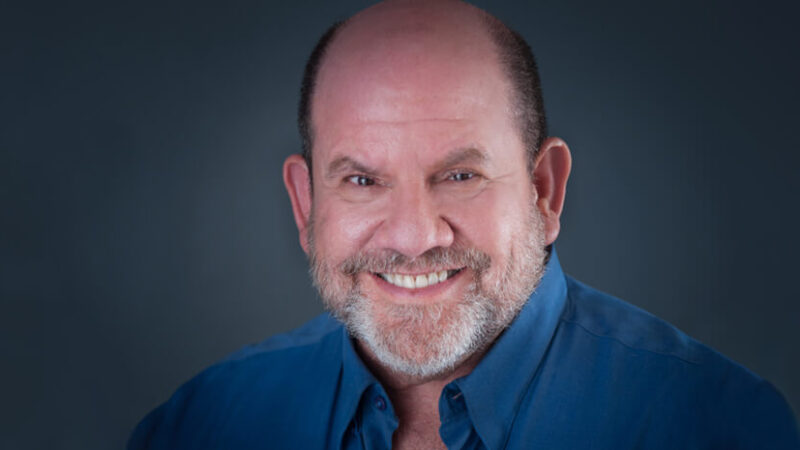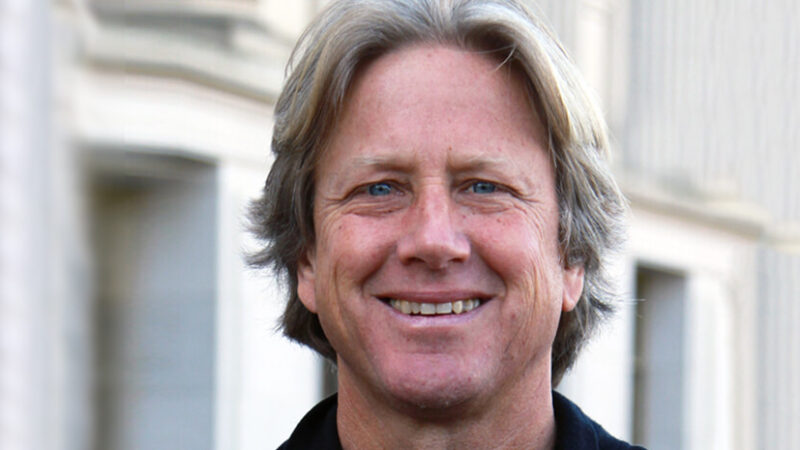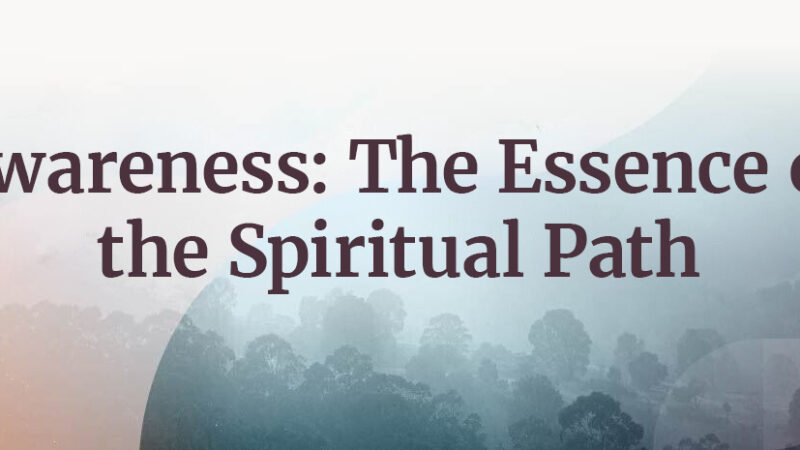Dacher Keltner, PhD, is a professor of psychology at the University of California, Berkeley, and is the founding director of the university’s Greater Good Science Center (GGSC). He is the host of the GGSC’s award-winning podcast, The Science of Happiness, and is a co-instructor of the GGSC’s popular online course of the same name. He has devoted his career to studying the nature of human goodness and happiness, conducting groundbreaking research on compassion, awe, laughter, and love. He is also the bestselling author of The Power Paradox: How We Gain and Lose Influence and Born to Be Good: The Science of a Meaningful Life, and is a coeditor of The Compassionate Instinct: The Science of Human Goodness, in addition to more than 100 scientific papers and two bestselling textbooks.
In this podcast, Sounds True’s founder, Tami Simon, speaks with Dr. Dacher Keltner about his inspiring work and his exploration of how the experience of awe, gratitude, empathy, and other prosocial emotions is intimately tied to our capacity to live a life of meaning. Tami and Dacher discuss Charles Darwin’s study of emotions and how “survival of the kindest” may be more true than “survival of the fittest”; the connection between emotions and ethics and the changing nature of power; the instinct of sympathy; making kindness your core principle; choosing prosocial emotions in stressful, energy-draining situations; “vagal superstars” and the practice of compassion; establishing healthy boundaries to avoid empathic distress (or taking in other people’s suffering); creating positive changes in the health-care system; the experience of awe in the presence of another person; and more.




